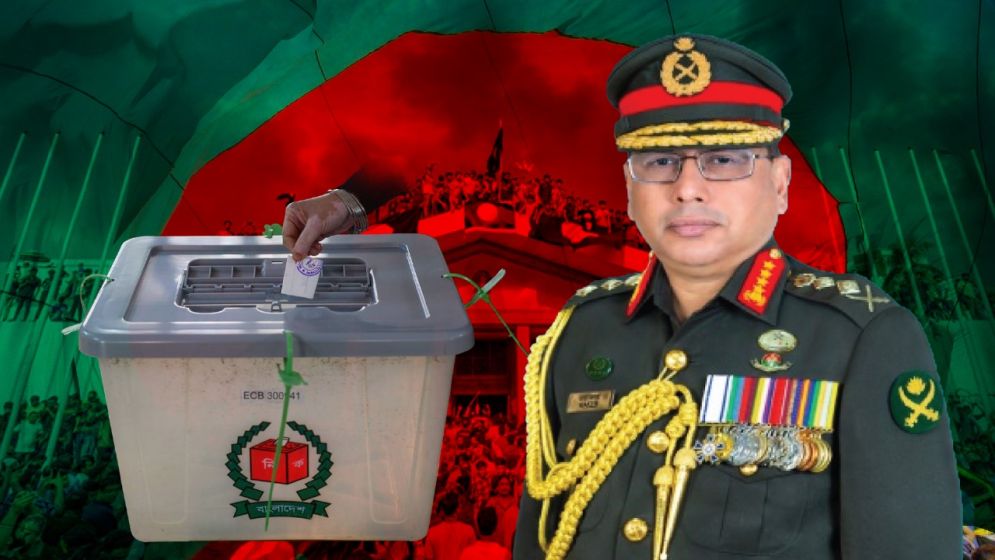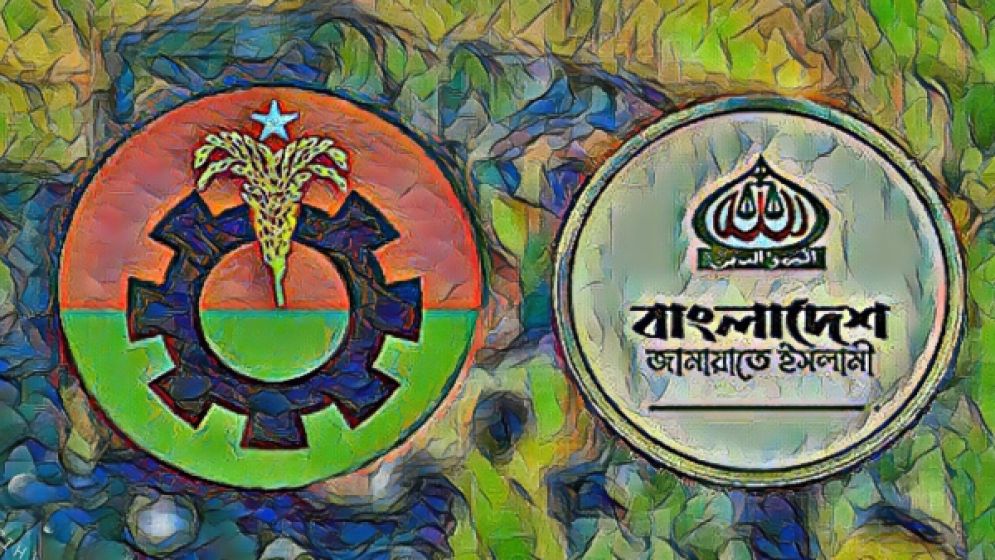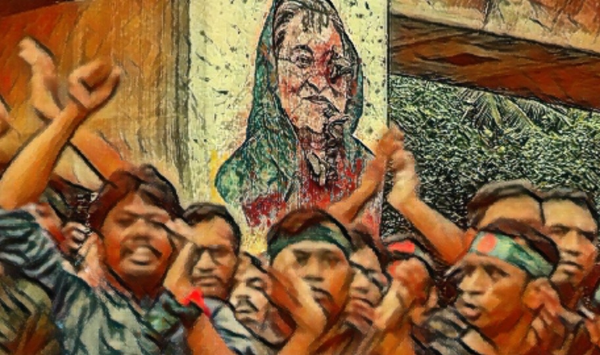Army chief’s Reuters interview gives renewed impetus to election discussion

The topic of the next general election, which has gained significant attention following the fall of the Sheikh Hasina government on August 5, is likely to see renewed discussion and speculation.
This comes after the army chief stated on Tuesday that he would support Dr. Muhammad Yunus's interim government in holding elections within the next 18 months.
In an exclusive interview with Reuters, General Waqar-uz-Zaman, Chief of the Bangladesh Army, also reaffirmed his commitment to the interim government as it undertakes vital reforms ahead of the election.
"I will stand by him, no matter what, to ensure he can complete his program," General Zaman emphasized, underlining his firm position on the necessity of reform and a smooth transition to a democratic process within the established timeframe.
His remarks come amid various reform initiatives launched by the interim government following the resignation of Sheikh Hasina’s administration.
The interim government has set up six commissions to oversee reforms in critical areas, including the Election Commission, judiciary, and law enforcement. These commissions are expected to begin their work in October, with final reports anticipated by January 1.
Main political parties in Bangladesh, excluding the Awami League, which was ousted from power, have welcomed the idea of holding elections within the next 18 months, as they seek clarity on the prospect of a genuinely elected government.
The primary party involved, the Bangladesh Nationalist Party (BNP), has been calling for earlier elections since August 5, pressuring the government to expedite the process.

BNP responds
positively while Jamaat takes a cautious approach
BNP Secretary-General Mirza Fakhrul Islam Alamgir reacted positively to the Army Chief's comments about the timeline for elections.
"The sooner the election, the better for the nation," he stated, emphasizing that public involvement in the reform process is crucial and that timely elections are essential for progress.
BNP Vice Chairman Mohammad Shahjahan also praised General Zaman’s statement, stressing the importance of holding the next general election after necessary reforms are completed.
"I appreciate his remarks, as the people of the country are eagerly awaiting elections. They have been denied their voting rights in the last three elections under Sheikh Hasina's autocratic regime," he told Bangla Outlook.
Shahjahan further expressed that elections held within the proposed 18-month timeframe, or even slightly later if needed for thorough reforms, would ultimately benefit the country.
Another key political party, Jamaat-e-Islami, is taking a more cautious stance.
A source within the party indicated that the Army Chief's remarks will be reviewed in an upcoming meeting. Jamaat’s spokesperson Motiur Rahman Akond acknowledged that the leadership has previously expressed support for reforms prior to elections.
"The Chief has addressed the broader context, and we agree on the need to complete essential reforms before elections," Akond told Bangla Outlook.

Army Chief’s vision for democratic transition
Meanwhile, in his interview with Reuters, General Zaman emphasized the significance of a democratic transition within the next one to one-and-a-half years, while urging patience during this time.
"If you ask, that should be the timeframe for entering a democratic process," he noted, providing a realistic outlook for the nation's return to full democratic governance.
The Army Chief also mentioned his strong working relationship with Chief Adviser Yunus, with weekly meetings. He assured that the military's role is to support the government’s efforts to stabilize the country, adding, "I am confident that if we collaborate, there is no reason for failure."
The context for these remarks is the unrest that swept Bangladesh last July, triggered by violent protests against public service quotas.
These demonstrations escalated into anti-government rallies, leading to over 1,000 deaths, particularly in Dhaka.
While calm has returned to the capital, certain areas of the civil service and law enforcement remain chaotic, with the military assuming responsibility for maintaining law and order nationwide.
Despite the military's active role in ensuring stability, General Zaman firmly stated that the Army would not engage in political affairs. "I will not do anything that harms my force. I am a professional soldier, and I want to keep the Army professional," he asserted.
He also noted that some military personnel who acted outside their duties under the previous administration have been disciplined, though he did not elaborate on specific actions taken.
Looking ahead, General Zaman expressed a vision for keeping the military distinct from political structures.
He suggested that future constitutional reforms might allow the armed forces to report directly to the President instead of being under the Prime Minister's control through the Ministry of Defence, as is currently the case.
"Military institutions should never be used for political interests, and soldiers should not be involved in politics," Zaman concluded, reaffirming his commitment to maintaining the professionalism and neutrality of the Bangladesh Army.
—

